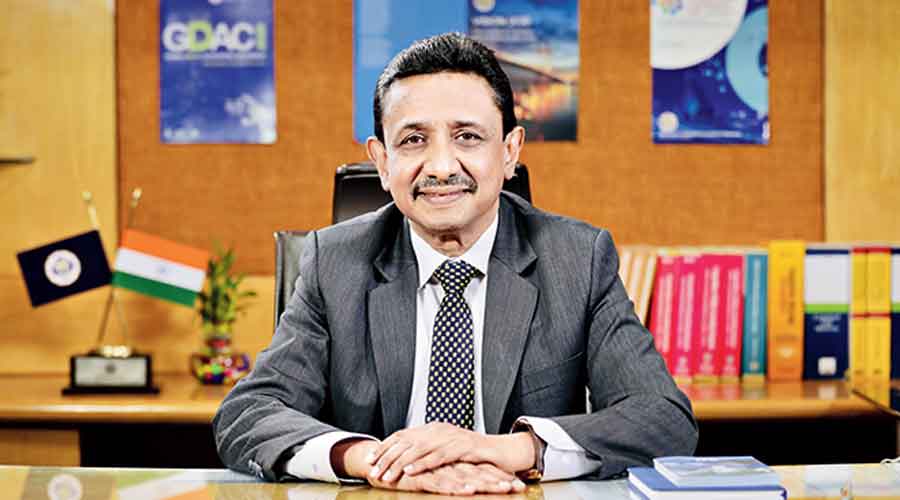Members of the Institute of Chartered Accountants of India prefer a status quo on the composition of the disciplinary committee of the institute that looks into lapses and irregularities committed by its members.
At present, the disciplinary committee consists of five members — three chartered accountants and two government nominees. The presiding officer is a council member. There are four benches of the disciplinary committee.
The government introduced The Chartered Accountants, the Cost and Works Accountants and the Company Secretaries (Amendment) Bill, 2021 in the Lok Sabha on December 17.
The bill seeks to alter the composition of the disciplinary committee so that there will be three non-chartered accountants and two chartered accountants on the committee. The presiding officer can no longer be a member of the institute and instead has to be a government nominee.
The bill was referred to the parliamentary standing committee on finance on December 21. ICAI president Debashis Mitra on Tuesday said the bill includes several suggestions from the institute but there are some points of objection on which representations have been already made.
“Our argument was that the auditing standards, accounting standards, income tax, GST, these are extremely technical subjects. Whoever is giving orders and judgement on these, if they do not have hold over these subjects, how are they to give a fair judgement.
“We have great respect for the two government nominees. We have said — ask the existing nominees, the ones that the government has appointed, do they have any grievance against us? If they say that the things are fine and there is no grievance against the institute’s disciplinary system, then a change is not fair,” Mitra said.
“Many of the contents of the bill have been our recommendations. Today we have no power to take action against a firm of chartered accountants. We can take action against an individual member. The bill allows taking action against firms. It has also raised the penal consequences,” he said.
Mitra added that the institute has started sensitising its members ahead of the start of the bank audits from April.
“If it is found that there is a big fraud and the auditor has turned a blind eye, then it affects the profession adversely,” Mitra said.










